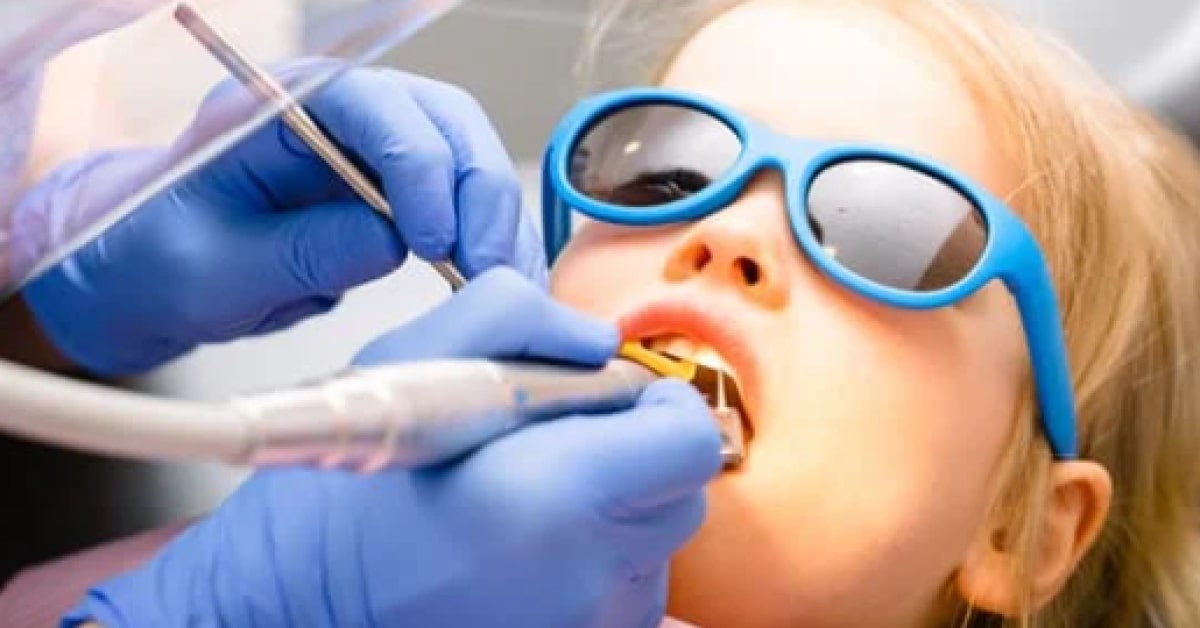Blog
February 06, 2019 • 5 min readWhat You Need To Know About Implementing Medical Billing for Dentistry
Investing in medical billing for dentistry is a big investment with a learning curve, but worth it. It requires team training, education, and patience to integrate it into your practice. With perseverance, you will reap the rewards of an added revenue source and patient satisfaction.
Author

Laurie Owens
CPC | CPB | COC | Director Of Medical Billing Education for Devdent

In this Article
Medical billing for dentistry is an investment with a big payoff. There is a learning curve but it’s worth it.
Medical billing is not one of those things that you can decide “we are implementing this tomorrow” and expect to be successful right out of the gate. That would be nice, but it takes some learning, practice, and patience to integrate medical billing into your practice.
It takes an investment in team training, education, and the right tools for the job. Add a dash of patience and perseverance and you will start to reap the rewards of an added revenue source and your patients will appreciate you helping them to maximize their coverage.
There are common stumbling blocks that we see happen with practices when starting out with medical billing for dentistry. Here are three reasons that your medical claims will not be accepted:
1. Exclusions
There are medical policies that give absolutely no exception for us to bill procedures, they are called exclusions to the policy. No matter how much we want to help our patients, we cannot rewrite their insurance policies. The truth is if dental procedures in all aspects are excluded nothing can change that. The only exception would be through a self-funded group (like firefighters and police officers unions), which means the insurance only facilitates a standard and that the union has the final say. If this applies, your patient would need to contact his union representative to initiate.
2. Emergent
If you have an emergency treatment that must be provided for the patient’s safety and care, medical will pay. This will be ONLY for the emergency service, not any follow-up or additional treatment because of the accident. Here is an example scenario:
A patient arrives at your office after being hit in the mouth. You stabilize tooth #9 and extract tooth #8 wanting to come back and place an implant. They will pay for stabilizing #9 and for treatment done on #8, however, the additional follow-up treatment (the implant) is not done on an emergency basis and will not be covered. Most insurance policies do have a provision for injury, but again, it is not a slam dunk and MUST be coded correctly when you do the medical billing.
3. Medicare Billing
If you are a dental sleep medicine office and you have not completed an application to be a Durable Medical Equipment (DME) provider for Medicare your claim will not be processed. There are two sides to Medicare billing:
First
If you want to accept and provide services (usually payable for injury, cancer treatment, bone-grafting) for Medicare Part B patients, you must remember that you are NOT allowed to balance bill the patient.
Second
Is the Durable Medical Equipment (DME) for sleep appliances. There are regulations in which you must agree to solely bill for a specific Medicare-approved appliance, complete the DME application, and pay the fee. Becoming a DME Medicare provider DOES NOT allow you to bill for anything else unless you apply to become a Part B provider.
Devdent is here to help your practice be successful in medical billing for dentistry. We offer on-site team training, software that is built for dentistry, and solutions that provide your practice with the level of support that is right for your office.



